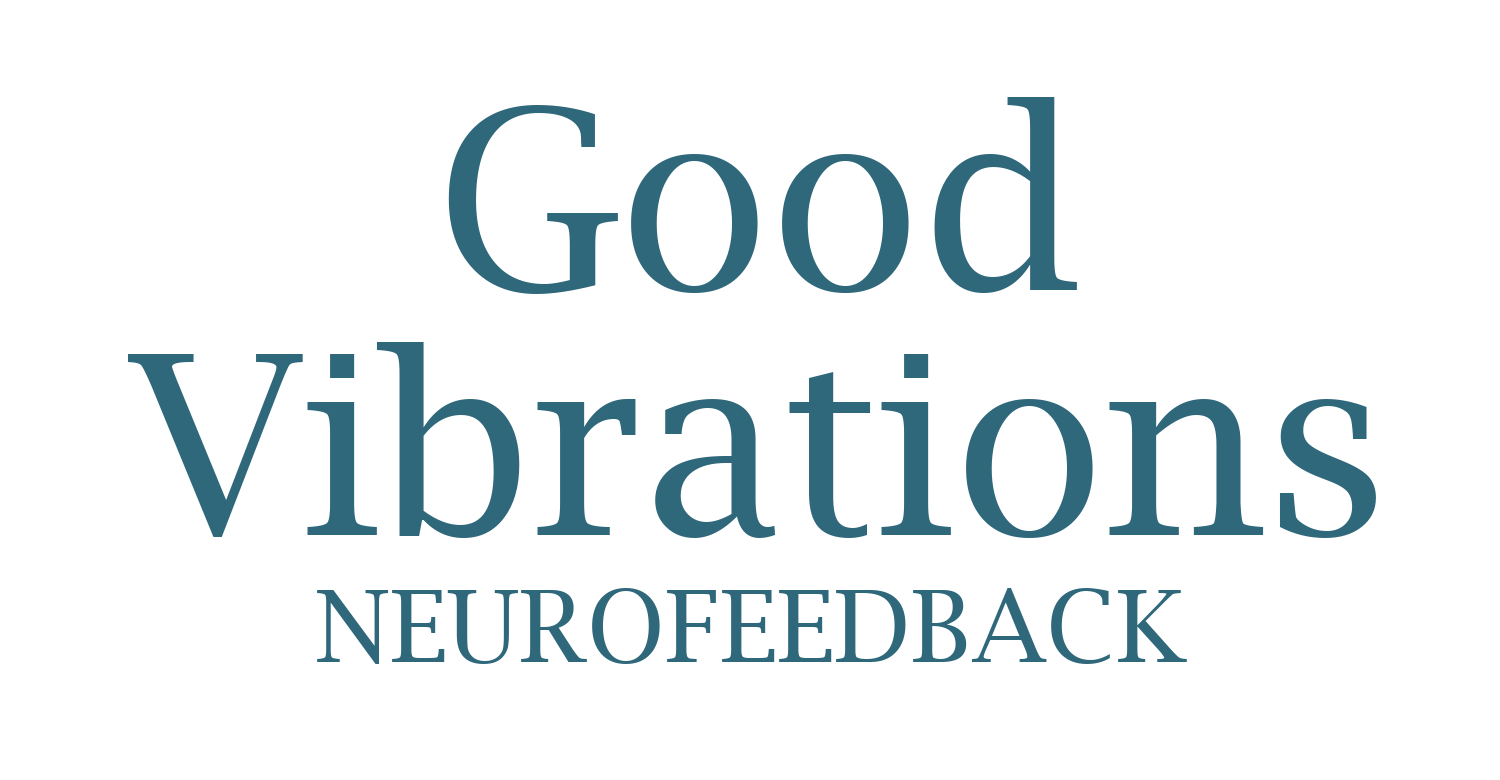Stress
Research On Stress And NeurOptimal®
Stress and burnout are common to almost all workers in every field. Overwhelming, unrelenting stress creates burnout, which is a state of mental and physical exhaustion. Continual exposure to stressful situations can occur in more parts of life than work; for example, caring for a sick loved one or living through upsetting news can lead to stressful conditions that quickly become overwhelming.
If someone is feeling stressed, they may not be able to find joy in their hobbies, their social interactions, their family, and their career. Chronic stress can also impair brain function, disrupting synapse regulation, and lead to a loss of sociability and avoiding interactions with others. Some research even points to it shrinking the brain!


Neurofeedback and Stress
Workplace stress and burnout have become growing areas of concern, and researchers have begun exploring how neurofeedback may support employee well-being.
In a presentation titled “Neurofeedback Training for Stress and Burnout in the Workplace: A Double Blind Study,” Nikki Sopchak, MPA, shared findings from a study involving employees with elevated perceived stress levels. The data showed that participants who engaged in NeurOptimal® training experienced significant reductions in both stress and personal burnout scores.
While more large-scale studies are needed, these results point to the potential of brain training as a tool for supporting resilience in professional environments.
